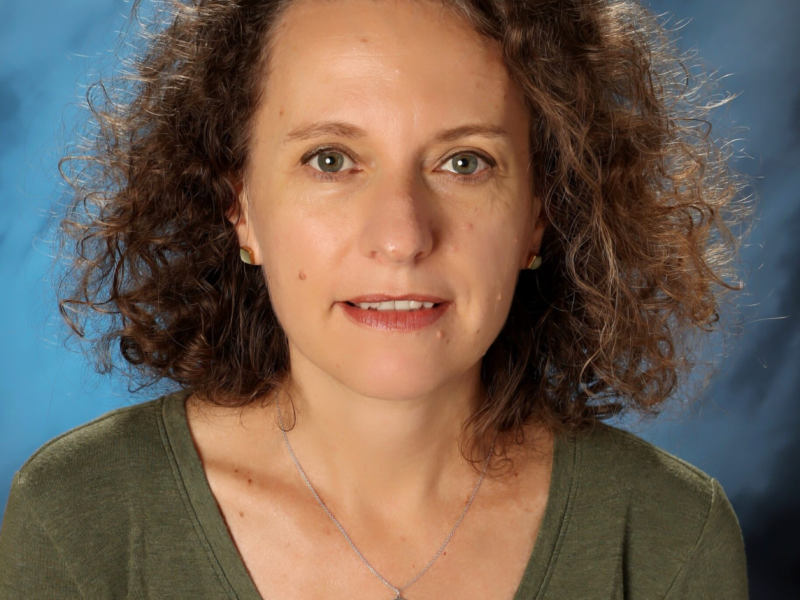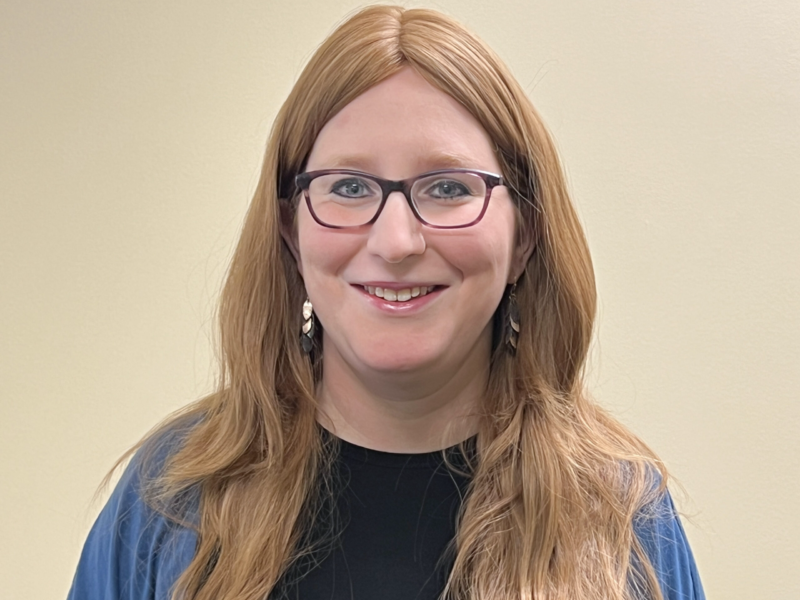What is the source of the Jewish obligation to care for our bodies?
Rabbi Yitzhak Husbands-Hankin
Temple Beth Israel, Eugene
Before you read about the Jewish view of our responsibility to care for our physical health, I ask you to take one minute to sit quietly, perhaps with eyes closed, turning your awareness inward to consider the magnificence of the design of your body. Contemplate the beat of your heart, the function of your lungs, the sensitivity of your skin, the structure of your skeletal system. Let your awareness wander through this amazing and miraculously wonderful design on as many levels as you wish and then please continue reading.
Now, after glimpsing, for we are only capable of glimpsing, the wondrous work of creation that the human body is, we may begin to understand our level of responsibility for its care. We place masterpieces of art in highly secured museums with guards, lighting and temperature control and countless other measures to protect the great art of human masters. How much more so are we responsible for the care of the magnificent creative work of our own Creator.
Judaism holds life to be of supreme value. We are partners with the Creator of All in caring for all life on this planet and therefore we are certainly responsible for caring for our own well-being.
Rabbi Menachem Rivkin
Chabad Jewish Center of Hillsboro
“Since maintaining a healthy and sound body is among the ways of God – for one cannot understand or have any knowledge of the Creator, if he is ill – therefore, he must avoid that which harms the body and accustom himself to that which is healthful and helps the body become stronger.” – Rabbi Moshe ben Maimon (Maimonides), famed physician and rabbinic authority (1135-1204 CE).
When we feed and care for our bodies properly, keeping ourselves in good health, it results in a healthy soul, allowing us to properly serve G-d as Jews should. The Lubavitcher Rebbe adds that it works the other way too – a healthy soul will produce and keep the body in which it is enclosed in good health.
G-d’s commandments are divided into 248 positive precepts and 365 prohibitions. Our sages say the human body is divided into 248 organs and 365 sinews. Our sages teach that the 248 limbs correspond to the 248 positive precepts, and the 365 sinews correspond to the 365 prohibitions. Just as we take care of our physical limbs and sinews, we also need to take care of our spiritual “limbs and sinews.”
A Kabbalistic teaching characterizes the Hebrew month of Iyar as an auspicious time for healing. Iyar is an acronym for “Ani Hashem Rofecha – I am G-d your healer.” That was G-d’s proclamation, as we made our way toward Mount Sinai, by which He announced His healthcare coverage guarantee: “Keep My commandments, and you won’t get sick … because I am the Lord, your healer.”
Keep Oregon healthy!
Rabbi Alan Berg
Beit Haverim, Lake Oswego
What is the source of the Jewish response to care for our bodies?
One very helpful answer can be found in a new book by Rabbi Richard Address Seekers of Meaning: Baby Boomers, Judaism and the Pursuit of Healthy Aging. Address is senior rabbi of Congregation M’kor Shalom in Cherry Hill, NJ, and is the founding director of the Department of Jewish Family Concerns of the Union for Reform Judaism.
The Holiness Code, Leviticus 19, affirms that the preservation of our healthy selves is for the holy mission of being of service to others.
Address teaches, “The idea of an active, mitzvah-oriented life is … a way we can define our sense of meaning and purpose in the world.”
The highest mitzvah in Address’s view is to be a caregiver. Speaking of caring for his own mother in her declining years, Address writes, “The act of caregiving places before us unique opportunities to search our own souls.”
Address honors the role of ritual mitzvot as an underpinning to ethical mitzvot.
We see in this a valuable expression of a vision of Judaism: that the purpose of caring for our bodies, of staying healthy, of staying in shape, in creating a society with an enlightened, inclusive commitment to health care, is to serve others. That is where meaning is to be found.





